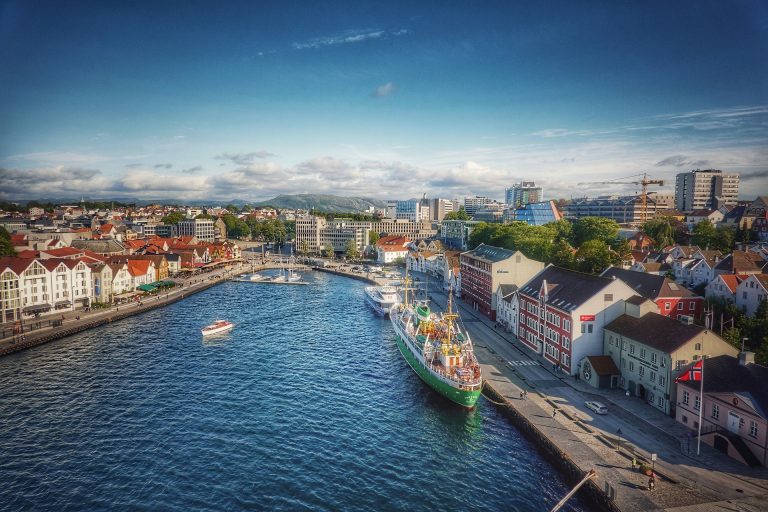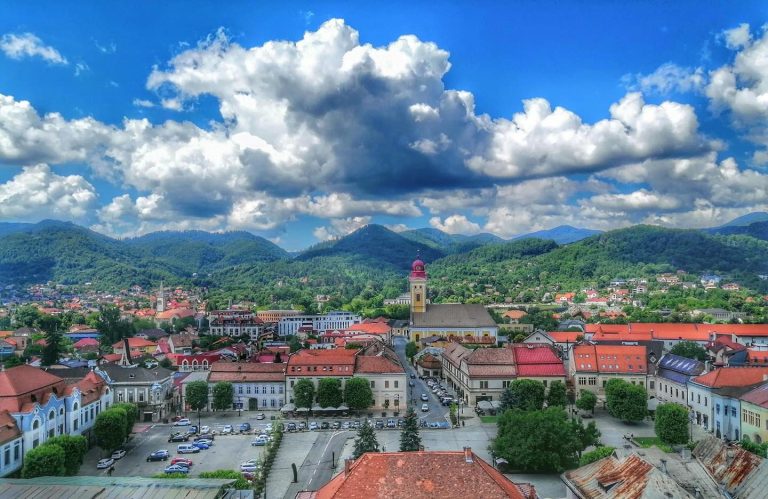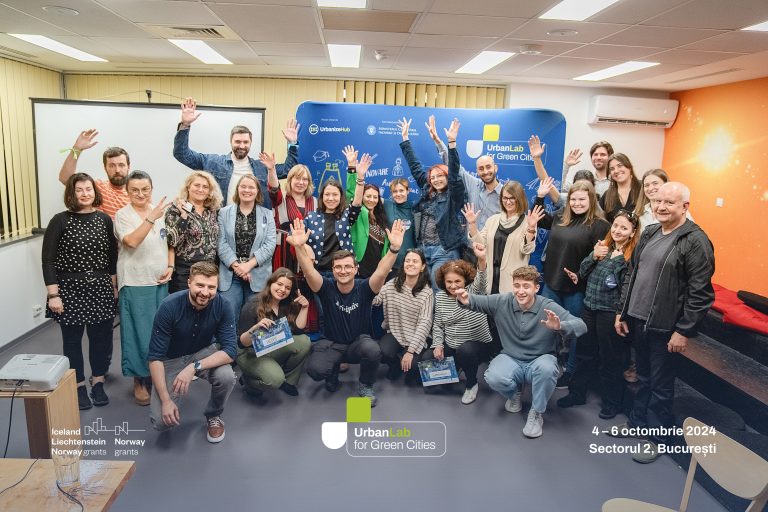The 20th century has seen the explosion of megalopolises around the globe. Cities have attracted and concentrated a massive number of people, generating new problems of management and creating huge challenges not only for the public sector – in managing limited resources – but also for the private sector by pushing companies to promote continuous adaptation to answer new consumption demands.
By 2030 over 70% of the world’s population is likely to be concentrated in cities, having a dramatic impact in our lifestyle.
Some countries that are still in the process of urbanization will face mass migration of their population in the coming years. Promoting inclusive and sustainable competitiveness is one of our greatest challenges.
The impact of the fourth industrial revolution
In the first industrial revolution, water and steam energy were used to replace manpower and mechanize production.
The second brought the concept of mass production through the use of electricity.
The third revolution was evidenced by the use of information technology and electronic means to automatize the production.
The fourth industrial revolution, probably one of the most disruptive, is bringing a new perspective of time and space by combining physical, digital and biological domains.
The emergence of new economies
Against this backdrop, our society is evolving at the pace of rapid technological change in a context shaped by high levels of volatility, uncertainty, complexity and ambiguity. This is transforming the economy into a new, unique format with four main dimensions:
The creative economy – redefines the economic system based on the use of creativity as added value for the local economy. It also suggests that the promotion and full support of a creative class may be a factor behind the blooming of prosperous high-tech clusters such as Silicon Valley in California.
For some researchers, creativity nowadays has the same impact on our lives and in the development of the fourth industrial revolution as steam power and electricity had in the 19th and early 20th centuries.
The sharing economy – An important milestone to understand the phenomena behind the shift in consumption behaviour was the 2008 global crisis. Not only did a real need to save, reuse and divide resources emerge, it also brought about the questioning of a capitalist system based on the values of consumerism and materialism and an economic system driven by consumer spending.
The sharing economy is related to solutions based on peer-to-peer interaction, with services like Uber or AirBnb deeply disrupting our traditional urban services marketplace. This sharing behaviour is shaping a new idea of “access over ownership”, which will affect the global production and distribution chain and create new business and innovation models.
The circular economy – a new approach to production cycles, creating a conscious and sustainable reuse of the resources. This approach aims to reduce waste to a minimum, which is very different from the traditional, linear economy where the cycle flows from raw materials to transformation to use and finally waste.
The concept can be applied to cities and public management and services, implying a different relationship between citizens and local government. Denmark is a great promoter of the circular economy, supporting businesses such as Copenhagen’s Baisikerli bike company, which uses no raw materials to produce “new products”: it only uses old abandoned bikes.
Co-creation
Some cities are now trying to promote sustainable growth by engaging their citizens in a deeper, more responsible and long-term oriented process of co-creation.
From the perspective of a Wise City, we can develop this concept even further by having citizens co-create alongside public management, not only suggesting changes or reporting problems, but also by using public open data to develop and deliver new urban services.
Following the same footsteps, cities can also boost public projects through modern tools such as crowdfunding, the collective raising of money to promote ventures or projects from a wide number of ordinary people.
Far beyond a mode of subsidizing, the idea brings in citizens as active stakeholders by fostering entrepreneurship, with a double return of investment: potential dividends as shareholders and a better quality of life.

Renato de Castro is the Founder of the City SmartUp project fostering Smart Business and Investments between Smart Cities in Europe, South America and Asia; Senior vice president for smart city investments at CrefInc – Commercial Real Estate Financing Inc.; advisor in several global organisations in the field of urban development and smart city strategies.
Photo: streetlightdata.com







